Veritas Trust Center
Compliance
Committed to compliance, both ours and yours.
At Veritas, we adhere to a rigorous program designed to support international compliance requirements. Using third-party audits and industry-recognized certifications, we ensure data security and privacy, protect against threats or data breaches, and prevent unauthorized access of your data.
Independent verification and certification.
Our products regularly receive independent verification of their security, privacy, and compliance controls. Certifications and requirements may vary by product.
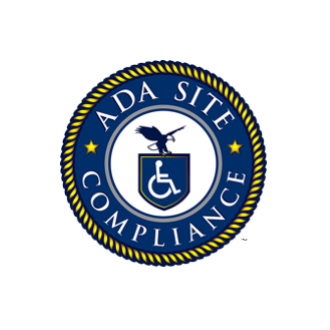
Accessibility
Veritas prioritizes accessibility in its digital offerings, ensuring alignment with the Web Content Accessibility Guidelines (WCAG) set forth by the World Wide Web Consortium. While achieving universal accessibility can present challenges, Veritas undertakes regular evaluations of its platforms. By addressing any identified issues promptly, Veritas showcases its unwavering commitment to providing an inclusive user experience for everyone.
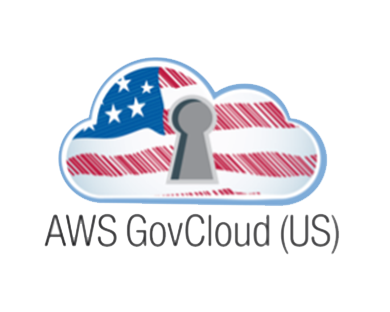
AWS GovCloud
AWS GovCloud (US) is designed for government customers and their partners, offering a secure cloud solution environment. It ensures compliance with several stringent standards and regulatory frameworks, including:
- FedRAMP High Baseline
- Department of Justice’s Criminal Justice Information Systems (CJIS) Security Policy
- U.S. International Traffic in Arms Regulations (ITAR)
- Export Administration Regulations (EAR)
- Department of Defense (DoD) Cloud Computing Security Requirements Guide (SRG) for Impact Levels 2, 4, and 5
- FIPS 140-2
- IRS-1075
This ensures that users can operate within a compliant, secure, and flexible cloud infrastructure tailored to the unique needs of government entities.
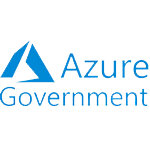
Azure Government
Microsoft Azure Government has been developed to meet the rigorous compliance standards required by U.S. government entities. It has secured approvals and authorizations from critical frameworks, such as:
- Federal Risk and Authorization Management Program (FedRAMP)
- Department of Defense (DoD) Cloud Security Requirements Guide (SRG) for Impact Levels 2, 4, and 5
For its specific U.S. government regions—Arizona, Texas, and Virginia—Azure Government has earned:
- FedRAMP High Provisional Authorization to Operate (P-ATO) from the Joint Authorization Board (JAB)
- DoD IL2, IL4, and IL5 Provisional Authorizations (PA) issued by the Defense Information Systems Agency (DISA), and IL5 Provisional Authorizations issued by the Defense Information Systems Agency (DISA)
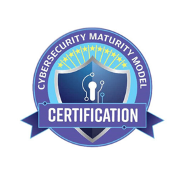
CMMC
The Cybersecurity Maturity Model Certification (CMMC) is a framework developed by the U.S. Department of Defense (DoD) to assess and enhance the cybersecurity posture of defense contractors and subcontractors in the Defense Industrial Base (DIB). CMMC requires contractors to meet specific cybersecurity standards and practices to bid on DoD contracts at different maturity levels, ranging from basic cybersecurity hygiene to advanced practices.
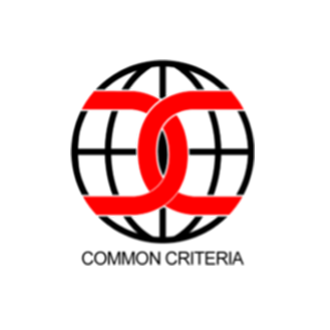
Common Criteria
The Common Criteria for IT Security Evaluation, together with its counterpart, the Common Methodology for IT Security Evaluation, serves as the foundational element of the international Common Criteria Recognition Arrangement. This ensures that:
- Products undergo evaluation by independent, licensed labs to verify specific security feature
- Documents guide the certification process detailing the application of the criteria and methods for different tech types
- Certificates validating an evaluated product’s security attributes can be distributed by numerous Certificate Authorizing Schemes, all based on the evaluation results
- All CCRA signatories recognize these certificates
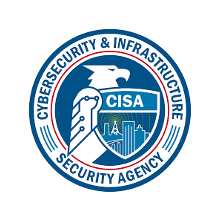
Cybersecurity & Infrastructure Security Agency (CISA)
- EO 14028
Executive Order (EO) 14028 went into effect on May 12, 2021, to strengthen the nation’s cybersecurity. This EO requires agencies to enhance their cybersecurity and software supply chain integrity. EO 14028 calls for all software vendors to the US government list the components that they used to create their products with software bill of materials (SBOM). EO 14028 also requires agencies to enforce multi-factor authentication, encryption for data at rest and in transit (FIPS 140-2), and Zero Trust architecture for their products.
- IPv6/USGv6
The United States Government (USG) version 6 is a set of technical requirements and recommendations developed by the U.S. Government to guide federal agencies in the adoption and deployment of the latest version of the Internet Protocol (IP), version 6. The USGv6 profile outlines specific standards and configurations that federal agencies should follow to ensure interoperability, security, and compliance with IPv6-related mandates and policies.
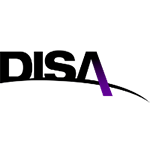
DISA STIG
The Defense Information Systems Agency’s (DISA) Security Technical Implementation Guides (STIGs) serve as configuration benchmarks intended to optimize security across both hardware and software. Their primary goal is to protect the Department of Defense’s IT infrastructure.

DORA
The Digital Operation Resilience Act is a legislation enacted by the European Union to improve the overall resiliency of the Financial Institutions which serve European citizens, businesses, markets, and society. DORA will be in full affect as of January 17. 2025. Organizations subject to DORA must prove they can withstand, respond to, and recover from all types of tech-related disruptions and threats.
To learn more about DORA and how to be prepared, refer to our DORA Get Prepared Whitepaper.
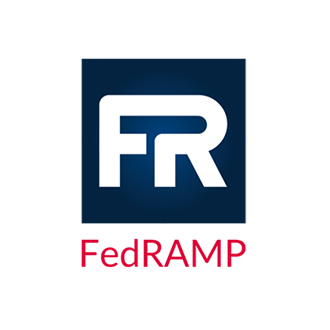
FedRAMP
The Federal Risk and Authorization Management Program (FedRAMP) is a U.S. government-wide program that provides a standardized approach to security assessment, authorization, and continuous monitoring of cloud products and services. FedRAMP aims to reduce the risk of data breaches and protect sensitive information by ensuring that cloud products and services meet a minimum level of security requirements. Veritas Alta SaaS Protection (ASP) is a cloud-based enterprise data protection and management solution for government entities to centrally protect, analyze, search, and manage all types of SaaS application data at any scale. ASP is also FedRAMP ready. Find Veritas on the FedRAMP marketplace.
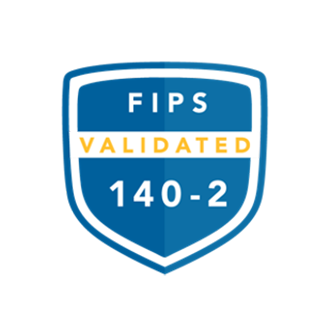
FIPS 140-2
The Federal Information Processing Standard (FIPS) 140-2 outlines security expectations for cryptographic modules. It covers a spectrum of applications and surroundings through four progressive qualitative stages. Key areas include design specifications, ports, interfaces, roles, physical security, operational environment, cryptographic key management, electromagnetic considerations, self-tests, design assurance, and attack mitigation.

IRAP
The Information Security Registered Assessors Program (IRAP) is an initiative by the Australian Cyber Security Centre (ACSC) to enhance the cybersecurity posture of Australian government agencies and organizations that provide services to the government.
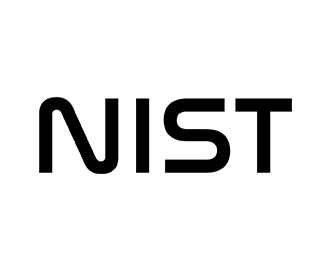
National Institute of Standards in Technology (NIST)
The National Institute of Standards and Technology (NIST) is a non-regulatory federal agency within the U.S. Department of Commerce that promotes U.S. innovation and industrial competitiveness. NIST developed cybersecurity frameworks and standards, such as the NIST Cybersecurity Framework (CSF) that provides guidance for organizations to manage and improve their cybersecurity risk management processes. Some notable Special Publications (SP)/Risk Management Frameworks (RMF) are NIST SP 800-53, NIST SP 800-37 RMF, Intelligence Community Directive (ICD) 503, NIST 800-171, and NIST 800-218.
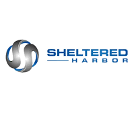
Sheltered Harbor
Sheltered Harbor is a not-for-profit industry initiative in the U.S. aimed at enhancing the resilience and security of the financial sector against cyber threats and operational risks. This was launched in response to the increasing frequency and sophistication of cyberattacks targeting financial institutions. By adopting Sheltered Harbor’s standards as best practice, financial institutions can better protect their customers’ assets and maintain trust and confidence in the stability and security of the financial system.

SOC 2
SOC 2 assessments provide independent, third-party examination documents that highlight how an organization upholds essential compliance controls and aims. Developed in line with the Auditing Standards Board of the AICPA’s Trust Services Criteria, these evaluations focus on an organization’s information systems in relation to aspects like security, availability, integrity, confidentiality, and privacy.
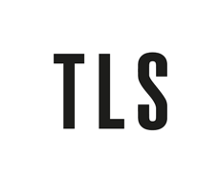
TLS 1.3
The Transport Layer Security (TLS) 1.3 cryptographic protocol provides mechanisms to securely protect data during internet communications. TLS operates by establishing a secure connection between a client and server using encryption, authentication, and key exchange mechanisms.
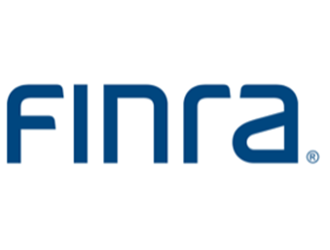
WORM Compliance
Policies set by the Financial Industry Regulatory Authority dictate that data must be securely retained, encrypted, and immutably stored on Write Once Read Many (WORM) media. Such data must be retrievable, with organizations capable of providing comprehensive audit trails for data usage and deletion.
Hardware Certifications
Veritas offers products and services in 95 countries. Learn more about our compliance with laws and regulations addressing electrical, environmental, and sustainability certifications for specific products and in different regions.
- Regulatory Compliance and Homologation
- Environmental Compliance Documentation
Access our environmental declarations of compliance, plus documentation for product-specific compliance, regulatory compliance, and ISO compliance. - Regional Product Recycling Programs
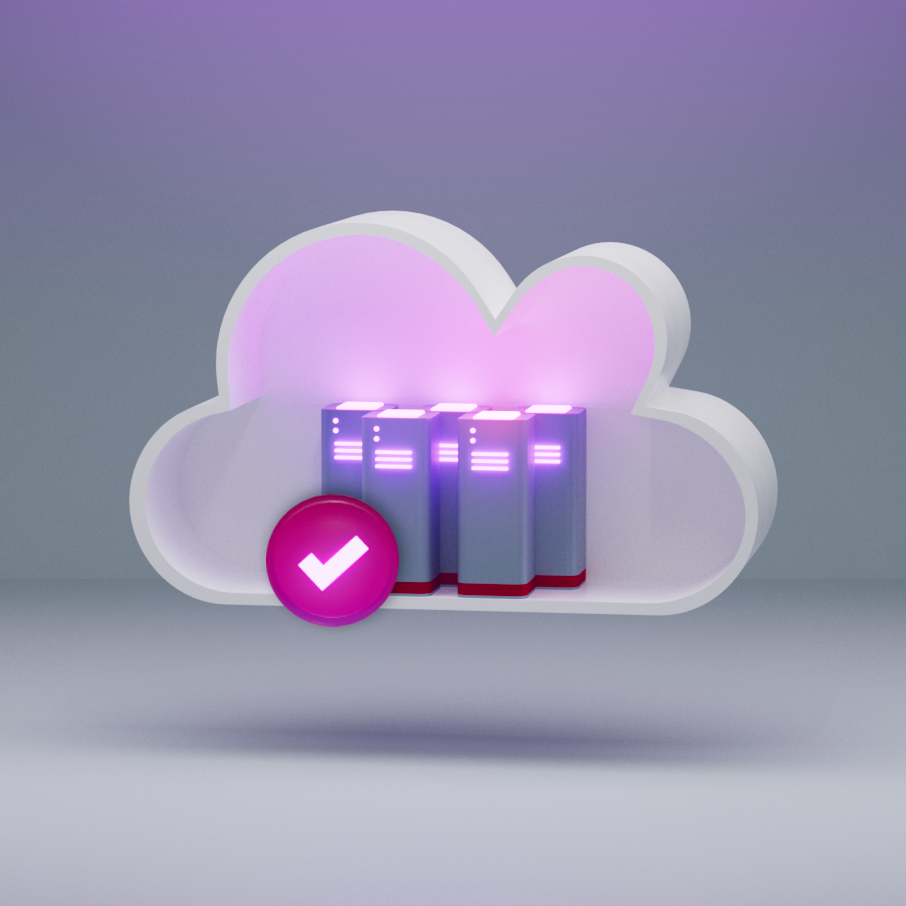

Global Standards for Internationalization and Localization
Our products support data protection for global organizations from Asia to Europe and beyond via implementing standards of internationalization (I18N) and localization (L10N).
- Unicode compliance enables text and characters from various languages
- Support for cultural conventions, locale format, and collation
- Language for product user interface (UI) and documentation in up to 16 languages including Brazilian Portuguese, Chinese (Simplified and Traditional), French, German, Italian, Japanese, Korean, Spanish, and more, ensuring a truly global user experience
- Support for legal language compliance such as Quebec's Bill 96, as well as unique preferences in other international markets
Veritas and its products (software, hardware, and technology) and services (collectively, “Veritas Solutions”) are subject to United States (including, but not limited to, the U.S. Department of Commerce Export Administration Regulations (“EAR”) and the U.S. Office of Foreign Assets Control (“OFAC”) regulations), European Union, Singapore, and all other applicable government export controls, import, and sanctions laws and regulations in the jurisdictions in which the company operates. Veritas Technologies, all subsidiary companies, and entities maintain compliance through strict adherence to a robust internal control program.